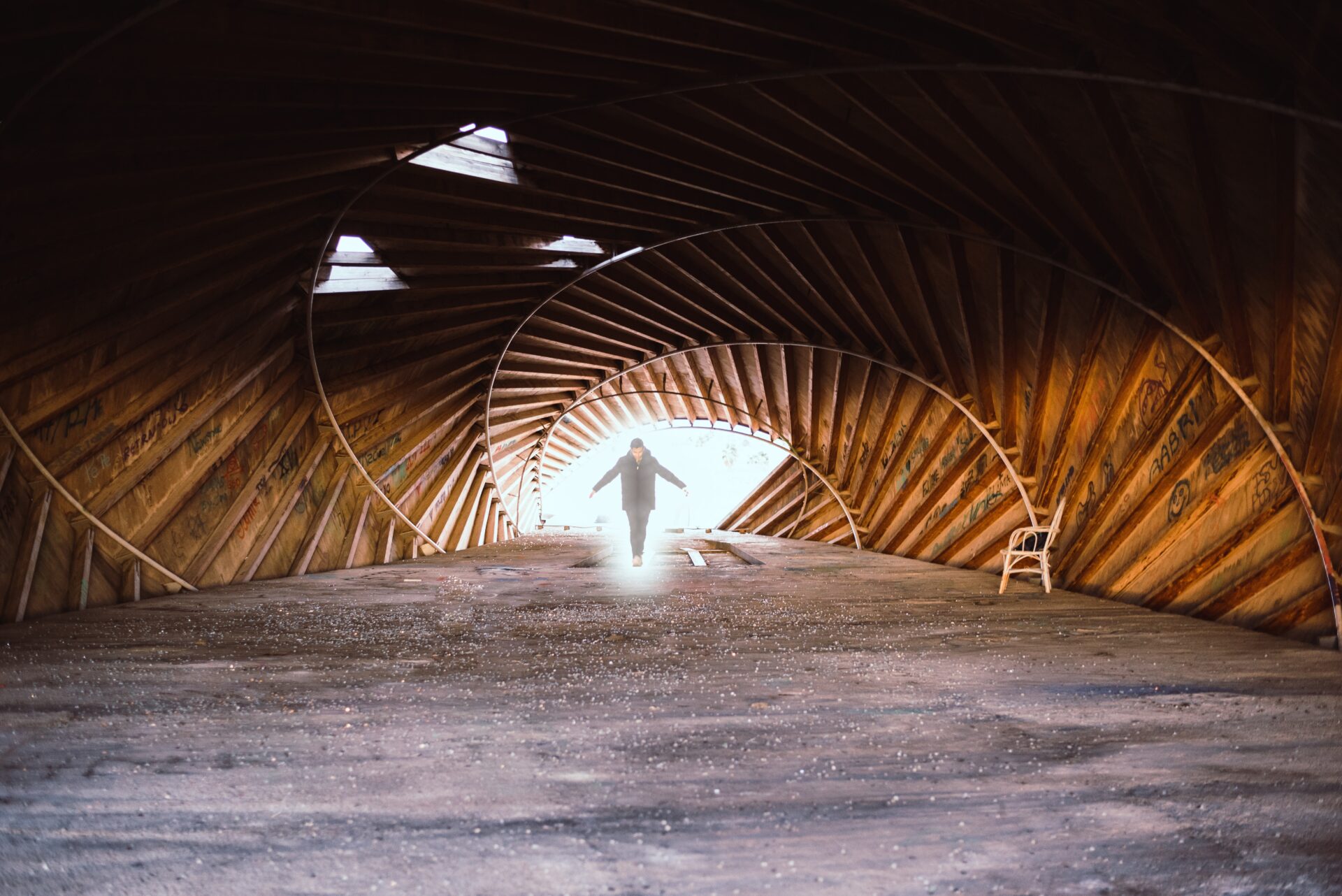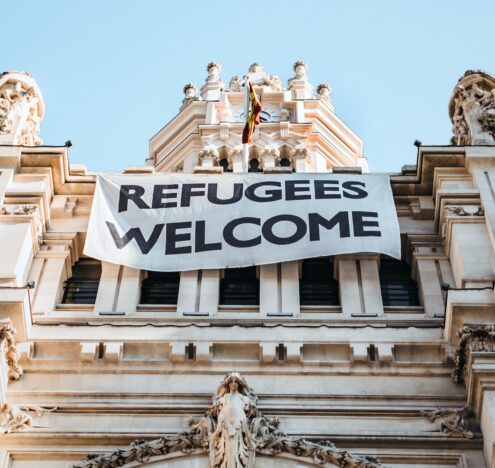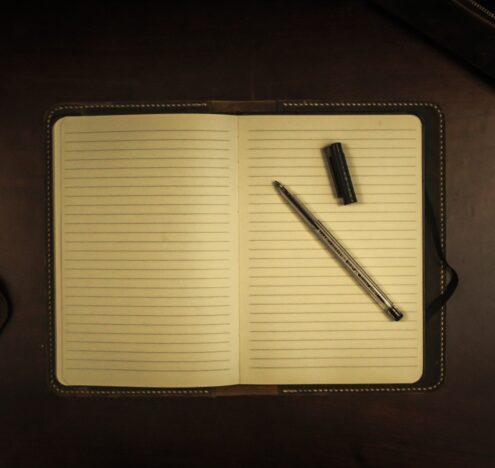“Brilliance at a young age is not always accepted by the elders.”
-Shuri, Black Panther: Wakanda Forever (2022)
It was a Thursday night in cold but welcoming Vienna, Austria, and I was watching the latest Marvel movie in a small theater. I was taking a brief break from an intellectually stimulating week at the Vienna International Centre (the Vienna headquarters for the UN), which also happened to feature in the Black Panther main character’s first appearance in the Marvel Cinematic Universe.
I was in Vienna for the third Science Diplomacy Symposium hosted in December 2022 by the Comprehensive Nuclear Test Ban Treaty Organization (CTBTO) that oversees the Comprehensive Nuclear Test Ban Treaty (CTBT). It was my first time at such a symposium, and I covered my thoughts here, but it was my fourth time operating as a member of the CTBTO Youth Group at an official CTBTO event. It was also the first time I got to take a backseat and observe others going through the motions of being exposed to this specific network and aspect of the nuclear policy field.
My presence there was years in the making, and in a bid to inspire and invest in the next generation, I want to share part of that journey here.
WHAT LED TO NUCLEAR FREE SCHOOLS
The Middlebury Institute’s James Martin Center for Nonproliferation Studies launched a week-long research and “exchange” program called the Critical Issues Forum in 1998 (happy 25th anniversary!) and has since held the program in some capacity or another. The Critical Issues Forum brings together promising young minds from Japan, Russia, and the United States to tackle one of the world’s most pressing issues: the nuclear threat. I was 16 years old when I was offered the opportunity to participate in a robust and rewarding mini-research program for high school students in the United States. I was among two students of Latin American descent in the United States chosen to participate in developing a mini-research paper and to attend a week-long student conference on nuclear policy in Nagasaki, Japan.
I hold on to the belief that the fight to end the threat of nuclear weapons will make great strides as we continue to rip through the obstacles that shun young voices of marginalized communities and neglected demographics.
In 2016, a year before my introduction to nuclear policy, at the behest of the then-Executive Secretary of the CTBTO, a new coalition was formed to ensure the entry into force of one of the most crucial multilateral nuclear treaties: the CTBT. The coalition was composed of young professionals from around the globe who were mostly conducting work as graduate students or mid-career professionals — and thanks to the Critical Issues Forum I got to be a part of it as well.
But the energy I felt at my first CTBTO event in Vienna and through the Critical Issues Forum in Nagasaki was sorely missing in my immediate community of southern California, a place I’ve called home for the past 20 years. The Critical Issues Forum and the CTBTO Youth Group were the only places I felt were accessible to a middle-class son of immigrants interested in nuclear policy and international affairs. I knew deep inside my soul that I couldn’t be the only one interested in these topics. I knew deep inside that being located on the West Coast was not a detriment, but an asset. So, together with my collaborators, I launched Nuclear Free Schools, a youth-oriented program meant to educate and engage young students in nuclear disarmament, education, and advocacy.
In 2017, we kicked off the first-ever Youth Disarmament Conference to attract high school and college students to talk about existential nuclear threats and give these young individuals an opportunity to explore interests and potential career paths that they had not previously considered. We also organized a cultural exchange program between Nuclear Free Schools and a Japanese high school called Soka High School in November 2018 to promote unity and solidarity while exploring the intersection of poverty and disarmament. As an organization, we have participated in numerous nuclear-related talks and panels in the United States, Canada, and South Korea.
Even as I work to open the doorways for other young people, there are times when I feel alone. There is one time that really stands out when I was the sole young person on the five-person team organizing a conference. The realization that our student conference had support from big-name groups in the nuclear field only because my teacher and I were able to travel to Vienna and present our proposals was disheartening. Why did we have to leave the United States to get the attention of our fellow Americans?
FINDING ALLIES — AND BEING ONE
In the time since the launch of Nuclear Free Schools — and as I began to grow in many different directions — the pressure and scorn from people both within my community (of residence) and professional bubble increased. However, I continued my fight against depression and found new allies and accomplices in places like Brussels, Vienna, and beyond, that helped me expand my networks. These interactions and connections helped me find other budding experts and organizations.
I eventually came to meet people like Vennessa Hanson of the International Campaign to Abolish Nuclear Weapons and Nyuklia Eureka; Suzuka Nakamura, a fellow Critical Issues Forum alumni and co-founder of Know Nukes Tokyo; Vanda Proskova of YouthFusion; and Jasmine Owens of Physicians for Social Responsibility’s Nuclear Weapons Abolition program. They are just a few of the many young leaders who are spearheading creative and unique anti-nuclear advocacy initiatives in this day and age and make me feel less alone in my struggles.
But what about the United States? Paid internships are gaining traction, incentivizing more new voices to join the fight against weapons of mass destruction. Various nuclear advocacy organizations are finding new ways to make inclusion and diversity a focal point as an imperiled field teeters on the brink of collapse as a result of geographic and demographic stagnancy.
My work is engaging students primarily in south Los Angeles, and trying to promote a professional pipeline of sorts while encouraging cross-cultural and cross-disciplinary approaches to nuclear disarmament. While I will always be passionate about it, I can’t remember how often strangers scoffed at me when describing my work. The negative reaction from my neighbors and a few members of the nuclear community hurt the most. Yet, for every eye roll, there’s a successful lobbying campaign, a new friendship, and even a career advancement opportunity to make up for it.
I’m proud and privileged to finally be in spaces where my expertise and youth are not just accepted but incorporated and compensated in a way that makes ripples in both my environment and growth as an individual. I know now that I wasn’t interested in nuclear policy because I had the chance to attend college — I went into my adulthood knowing that I wanted to change in the nuclear policy field because of my exposure to these issues in high school. My participation in the Critical Issues Forum would have been a nice little badge to put on my college application but it ended up being the gateway into a whole new world beyond that of a strict, traditional academic setting.
I dedicate this essay to everyone that’s starting out, those that shed blood, sweat, and tears in getting their voices heard, those that make wins (big and small), and those that are just getting by. I thank the people in positions of power and influence that took a chance on us and encouraged us to be the earth-shakers that this movement sorely needs.
Perhaps it’s just my own confirmation and survivorship bias, but I hold on to the belief that the fight to end the threat of nuclear weapons will make great strides as we continue to rip through the obstacles that shun young voices of marginalized communities and neglected demographics.





















